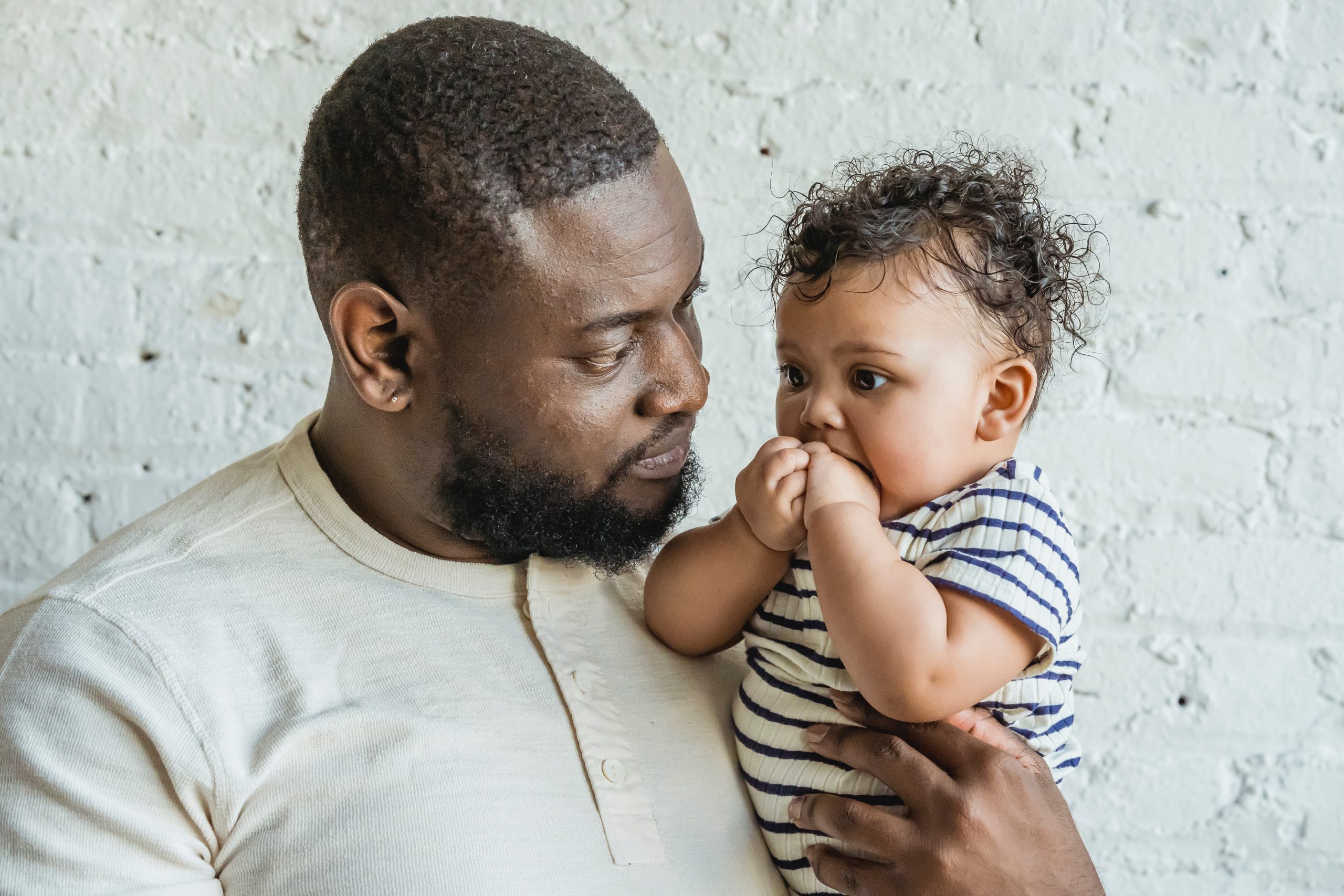3 Reasons why the way you talk to your toddler matters
You talk to your toddler constantly throughout the day about everything. Eating, walking playing, listening…anything you can imagine. The way you talk to your toddler is obviously key. Why? Here are 3 reasons.
1. Listening, talking, hearing & the words we use
We are teaching our toddlers to talk. We teach them another way to express their feelings i.e the use of words. Toddlers hear what you say and react based on how the words make them feel. If the feeling hurts, then the result is chaos, tantrums.
The major way toddlers process bad feelings is to cry, scream or shout. They become enmeshed in a ritual of defiance and as they do this they remind themselves unconsciously that they do not like feeling how they are feeing. They cannot find the words. This means you are failing to teach your toddler to speak.
In our social world we are taught to compare ourselves to others, to judge ourselves by external standards. From an early age, our children are taught to be happy with themselves for getting good grades or for being the first one chosen to be on a team. Soon they lose any sense of personhood, and become vulnerable to shame.
Shame is translated from a multidimensional reality into a physical and emotional condition that shapes that person’s future. They grow up believing that their whole being is bad and as a result, their whole life is bad. As a therapist I see this all the time.
2. Toddlers become adults
Many adults have been abused as children. They grow up believing that they are bad persons, too. This fuels the self-shame. As a result, many grow up mistrusting their own process, feeling unworthy and shamed.
Everyone is afraid of being shamed or being found out for being alone and vulnerable. So blame, shame, and shameful behaviors have become woven into our culture and society. Shaming is all too common in our world.
In actuality, humans are naturally compassionate. Even the most self-righteous person in the world seeks to be compassionate. Yes. We have a long way to go before we replace the ‘hold’ the negative words are on our self, with the ‘hold’ the positive words will create. Teach your toddler to speak and he or she will understand the meaning of the word and the feeling it brings.
Humans are naturally compassionate, and we need to be in the present. Our attachments to our body, our suffering, and the things that happen to us compete with the natural energy of compassion. We know when someone gently puts a hand on our shoulder to relieve stress. We know when a person engages us in conversation without trying to control. These are the moments we need our heart to open.
Our culture desperately needs to extend its compassion to those who cannot feel it and recognize it. We need to be supporting children in hospitals. We need to be creating rooms of support at schools. Our world needs us to be compassionate. And yet in the reality of present day life, we find people losing their compassion. We are so focused on self-preservation that we cut ourselves off and instead, we numb ourselves to our feelings. Words are key and adults are toddlers who learn how to respond.
3. The impact that words are having on your life with your toddler.
There are ways to recognize the impact that words are having on your life. Here are my suggestions:
- Become aware that you speak to yourself every day inwardly or outwardly
- Practice the use of soft, compassionate words.
- Remember how those words make you feel
- Always choose words not force
- When you talk to your toddler, soften your tone intentionally even when tired.
And by knowing yourself and embracing the compassion that lights up your eyes, it will be clear to hear the comforting words that you and your toddler need. You will talk to your toddler with those same words.
The Adventures of Tweet Tweet ↗
A sincere beautifully illustrated relief for both kids and Moms, Dads, GuardiansThe Adventures of Tweet Tweet: The really awesome Penguin.


